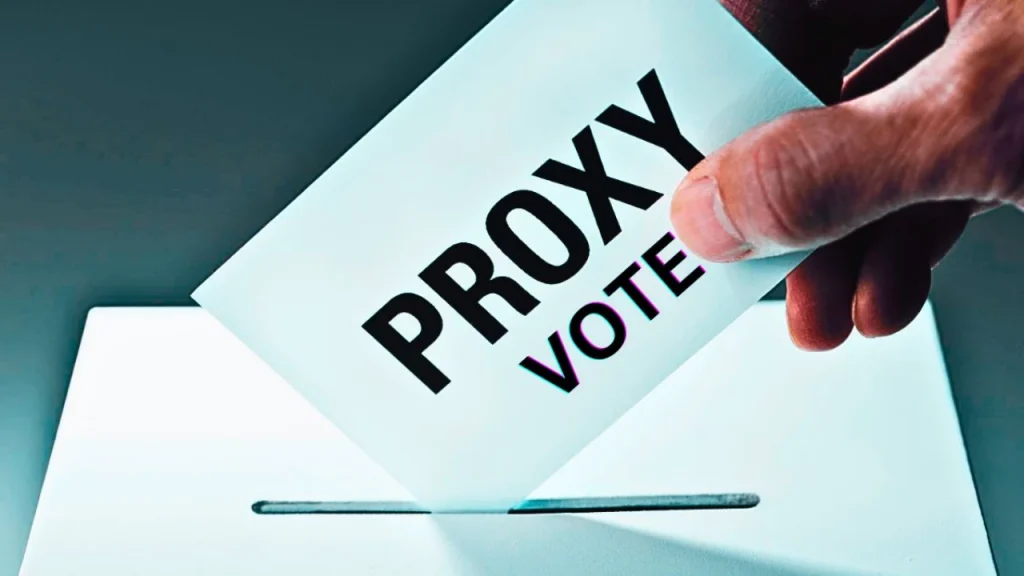- AFRINIC annulled its June 23 vote over one proxy dispute, triggering backlash over disproportionate governance standards.
- The incident highlights AFRINIC’s structural flaws and fuels calls for a full institutional reset by major stakeholders.
Unjust annulment of June election undermines process integrity
AFRINIC’s board election on 23 June 2025 was meant to resolve a years‑long governance crisis under court-appointed receivership. Instead, a dispute over a single proxy vote—alleged to lack proper authorization—prompted cancellation of the entire process. By annulling hundreds of valid votes based on that one proxy concern, the organisation discarded legitimate inputs without isolating the disputed ballot. The receiver formally annulled the vote less than 24 hours after suspension. The scale of annulment—well over 800 ballots—disenfranchised many small ISPs represented by proxy agents.
Stakeholders argue this extreme remedy was disproportionate, inconsistent with established electoral dispute protocols where invalid votes are individually challenged rather than discarding entire outcomes. The abrupt halt negated the community’s opportunity to elect a functional board and reinforced perceptions that AFRINIC’s election mechanic is deeply flawed.
Also read: Cloud Innovation supports ICANN’s move to derecognise AFRINIC, calls for successor to be immediately identified
Also read: Who is Eddy Kayihura? The scandalous past of AFRINIC’s former CEO
Disproportionate response to one disputed vote sparks backlash
Reports from proxy agents reveal that at the time of suspension, many members had not yet cast their votes—some proxy holders had cast only 20% of authorised ballots. Canceling an election mid-vote silenced most of these voices. Observers say a targeted remedy should have isolated the questionable proxy, allowed remaining ballots to count, and investigated afterward. Critics note global electoral best practice recommends proportional redress.
AFRINIC’s total annulment effectively penalised compliant votes and exacerbated institutional distrust. With no evidence of widespread irregularity beyond a single proxy, the action appears both heavy-handed and politically damaging. Some industry representatives emphasised that the suspension disproportionately harmed remote or smaller resource holders who relied on proxy participation to engage in governance. The failed election now stands as a symbol of governance irreparably broken—not a step toward resolution.
Governance breakdown fueled calls for structural reform
The annulment episode has ignited broader concerns about AFRINIC’s capacity to oversee fair elections. Without a board since 2022, and under emergency leadership since 2023, the organisation has struggled to restore functional governance. The flawed mechanism demonstrated by the June vote deepens the governance crisis, reinforcing the view that AFRINIC is a failed registry.
Cloud Innovation, AFRINIC’s third‑largest member, has called for dissolution and urged appointment of a new registry promptly. Proposals now stress a complete reset, arguing that only structural overhaul—not incremental fixes—can reinstate trustworthy governance standards. The June annulment, far from mending legitimacy, intensified demands for reform and underscored why stakeholders believe AFRINIC can no longer self-correct.
Also read: AFRINIC’s proxy vote scandal: What went wrong?
Also read: From regional registry to receivership: What AFRINIC’s collapse means for Africa’s internet development
Restoration demands transparency and proportional remedies
Moving forward, the imperative is clear: reverse the annulment and count all valid votes that were cast before suspension. Stakeholders call on the receiver to proceed transparently, address specific proxy challenges individually, and resume governance. The Supreme Court of Mauritius has authorised a re-run by late September but observers urge recognition of June ballots instead of full repetition. The flawed election mechanic has already damaged confidence; repeating the vote risks perpetuating instability.
Legal clarity and proportional correction—not blank resets—are needed to restore faith. Without a serious recalibration of approach, AFRINIC’s crisis will continue, further eroding trust in Africa’s bottom‑up internet governance and weakening its capacity to manage critical IP infrastructure.

